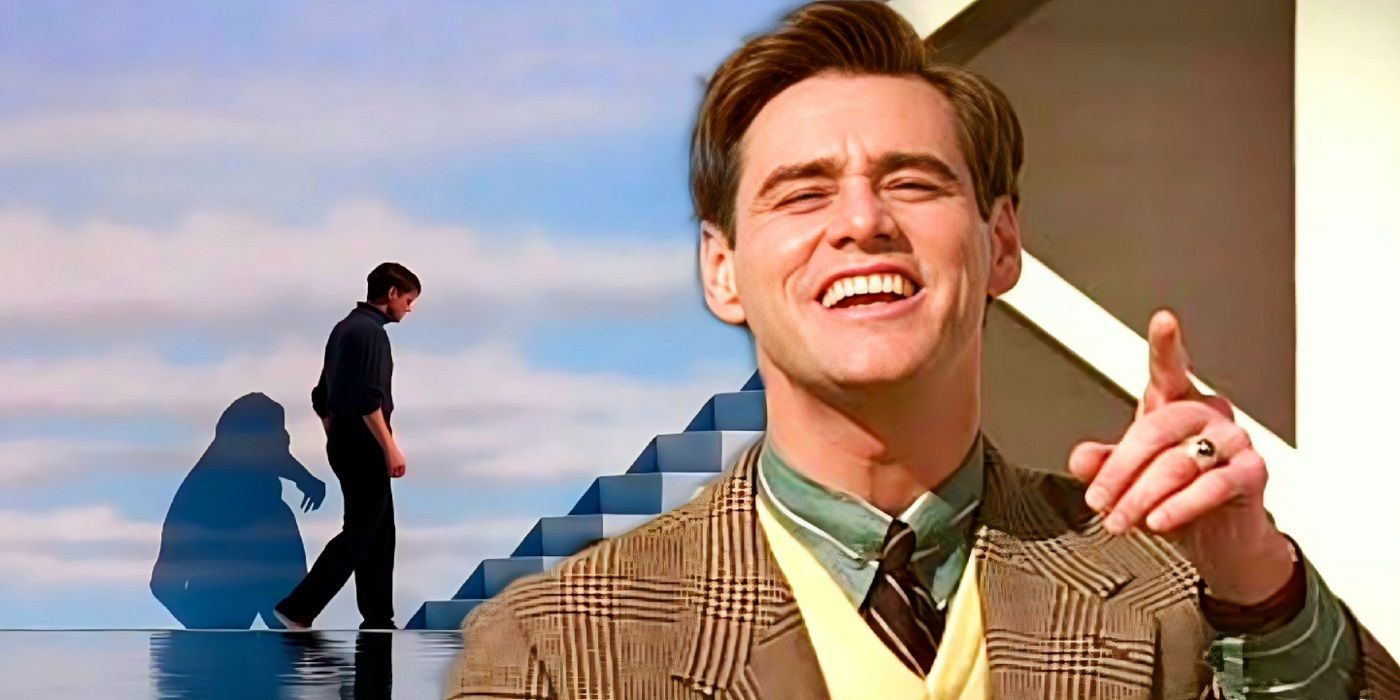
Is Truman the Ultimate Reality Star? Analyzing The Truman Shows Social Commentary
Is Truman the Ultimate Reality Star? Analyzing The Truman Show's Social Commentary
The Truman Show, a film directed by Peter Weir and released in 1998, has often been lauded for its insightful commentary on reality television, media manipulation, and the way we navigate our existence in a world saturated with artifice. The film centers around Truman Burbank, played by Jim Carrey, who leads an idyllic life that he gradually realizes is a carefully constructed illusion. As audiences reflect on Truman's journey, one must wonder: is Truman the ultimate reality star? The film offers a profound critique of contemporary society's obsession with reality television and challenges viewers to consider the implications of living inside a manufactured reality.
The Illusion of Authenticity
The Truman Show brilliantly showcases how reality television breeds an illusion of authenticity. Truman’s life is broadcasted 24/7 without his knowledge, and viewers tune in to witness his supposedly unscripted moments. This mirrors the way modern audiences consume reality television, where the lines between real life and scripted entertainment often blur. As Truman unwittingly performs his life for an unseen audience, viewers are led to reflect on their own consumption of media and their complicity in the voyeuristic culture that scrutinizes the intimate details of others’ lives. The film prompts an important question: does the reality of one's existence lose its value when it can be commodified for mass entertainment?
The Role of the Creator
One of the most striking aspects of The Truman Show is the character of Christof, the show's creator, who orchestrates every aspect of Truman's life. Through Christof, the film explores the ethical dilemmas associated with creation and control. He believes he is providing Truman with a perfect life; however, this heavy-handed manipulation robs Truman of his freedom and authenticity. This relationship between creator and creation can be likened to the power dynamics inherent in reality television production today. Producers often curate narratives that serve their interests, leading to an ongoing debate about the morality of manipulating individuals for entertainment. The film serves as a cautionary tale, illustrating the dangers of unchecked authority in a world where personal lives become entertainment content.
Consumerism and Celebrity Culture
The Truman Show also delves into the broader themes of consumerism and celebrity culture. In the movie, the entire town is a product placement paradise, showcasing brands and products integrated into daily life. This saturation of commercialism reflects the real-world dynamics where the personal lives of celebrities are commodified and sold to the masses. The film critiques this relationship between consumerism and the quest for authenticity, highlighting how individuals like Truman are reduced to mere products in a capitalist structure. Moreover, it raises awareness about how society celebrates celebrity narratives while neglecting the realities that come with that fame, leaving Truman's genuine quest for identity overshadowed by the spectacle of the show.
The Truman Show shop: A Reflection of our Own Reality
Interestingly, The Truman Show has inspired various commercial ventures, including themed merchandise and experiences, such as "The Truman Show Shop." This shop capitalizes on the film's themes by offering products that range from memorabilia to clothing items that celebrate its legacy. However, this commercialization further exemplifies the film’s commentary on reality and entertainment. What was intended as a critique of consumerism now finds itself ensnared in that same cycle, demonstrating the complexity of enjoying art that critiques the very fabric of society. It invites fans to engage with the film while acknowledging the inherent contradictions in our relationship with media and consumption.
In conclusion, The Truman Show remains a culturally significant film that resonates deeply with contemporary audiences. Its critique of reality television, media ethics, consumerism, and personal autonomy continues to hold relevance in today's world. By exploring Truman's journey from ignorance to self-awareness, the film challenges us to scrutinize our own lives and the ways we interact with the carefully curated realities around us, ultimately prompting a deeper dialogue about authenticity in an increasingly mediated world.









